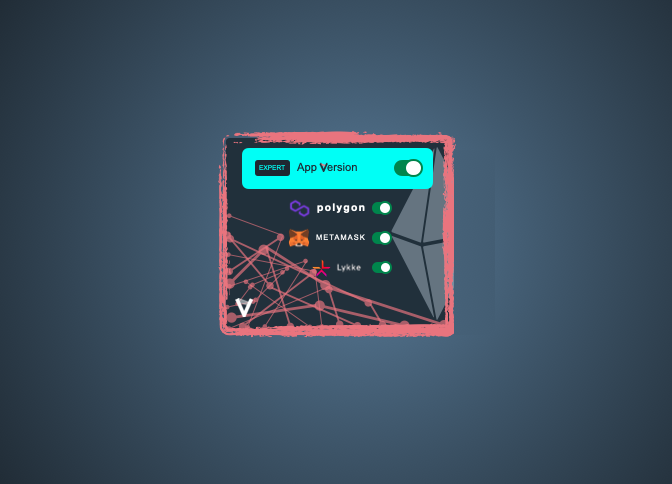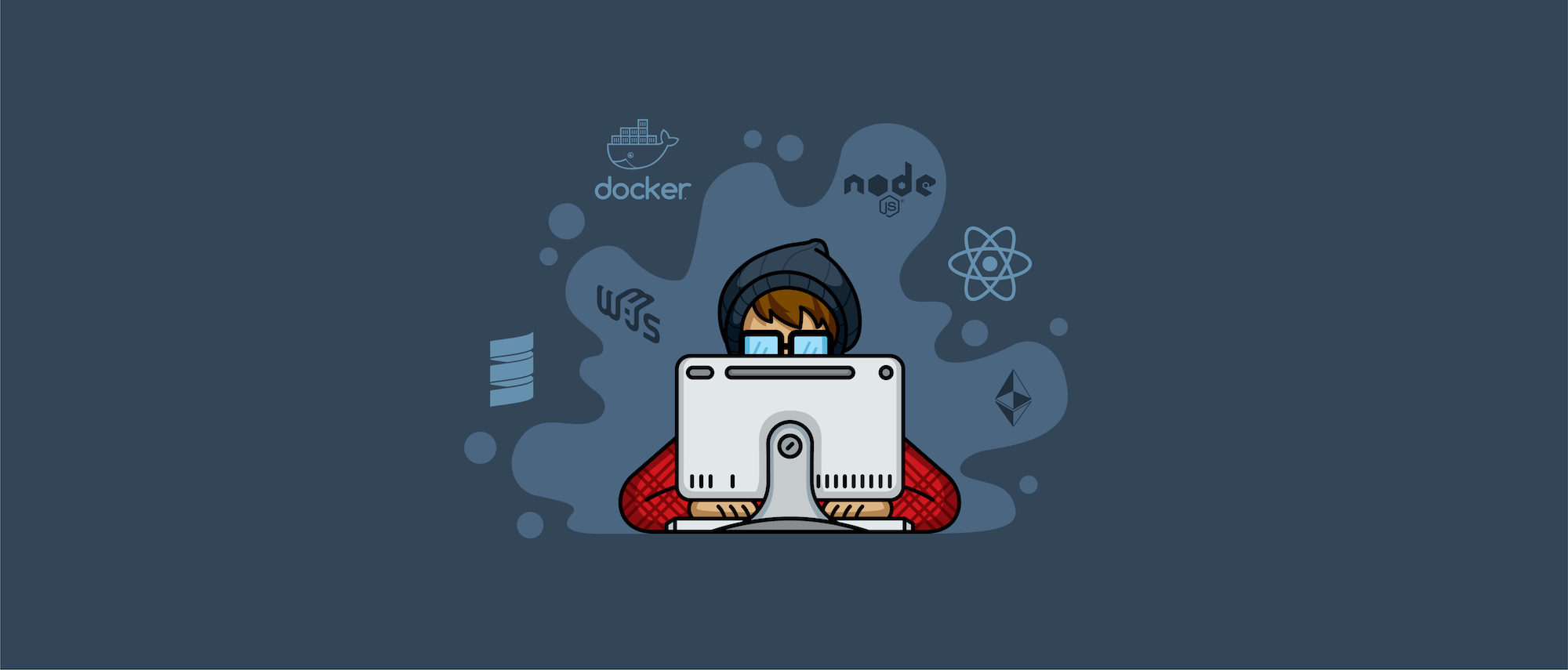Digitization and the latest developments in areas such as robotics and artificial intelligence have the potential to make people dispensable in many areas. Not surprisingly, people’s fear for their future income is rising.
At the same time, we are living in an age where the majority of people have an online presence, a digital representation of themselves — a digital identity. Furthermore, there is an increasing amount of data being generated that is related to this digital self.

Accumulating this data represents a form of value creation. Indeed, out of the world’s top most valuable companies, more than a few are building products based on data connected to their users’ digital presence. For example, every mobile phone — and there were 7.7 billion subscriptions as of the end of 2017 — is generating large amounts of data valuable to someone. [1] If revenue streams arising from the collection of people’s personal data could be routed directly to the data originator, maybe this could form the foundation of a digital basic income.
Cutting out the middle man in the digital age
Cutting out the middle man and redirecting revenues generated from personal data to the originator, for instance the owner of the mobile phone rather than a service provider, is technologically feasible today and increasingly supported by new data protection legislation, such as the GDPR.
While we cannot yet imagine all the future use cases where people will be able to directly get compensated for their valuable data, we already know that a fight is under way to try and create new middle men to divert revenue streams away from individuals.
VETRI argues that establishing new intermediaries will withhold revenues based on personal data from individuals and, thus, is not the right way to go. A solution that really benefits individuals as the rightful owners of their own personal data needs to be designed in a way that specifically avoids the system from creating a new bottleneck. That’s why such a solution needs to operate as a non-profit platform, charging no fees or commissions for transactions between data owners and data consumers. To further make the emergence of new middle men impossible, the solution must not be able to access, read or collect any data processed by the platform. This approach also removes the risk of creating so-called “honey pots”, which is the case if companies collect large amounts of user data, thus avoiding the risk of becoming an attractive target for hackers.
The decentralized VETRI ecosystem
VETRI is building an open ecosystem to meet the requirements outlined above. The VETRI wallet acts as a user interface between the user’s data, the digital ecosystem and the VETRI marketplace, where services are accessed and data can be safely shared. Individual users as the owners of their personal data and data consumers, i.e. organizations who want to use anonymized personal data for their own purposes, will be able to freely trade and share data in a safe and fully user-controlled fashion. Any financial reward generated from these transactions will be credited directly to the respective stakeholder in the form of VETRI tokens. [2]

Once VETRI is deployed, Procivis intends to establish an independent foundation under Swiss law, which will own and govern the VETRI platform as a non-profit organization. The underlying code will be made available under an open-source license.
Your data, your asset — claim its value!
The world is producing the overwhelming amount of 2.5 quintillion bytes of data every day, and this figure is increasing on average by a factor of 10 every year. [3] A substantial amount of this data can be linked back to the actions of individual people.
The collection of high quality data for market research, such as profile specific surveys, is currently remunerated with up to USD 60 per hour. Other data, which is passively generated simply by living in today’s digital ecosystem, for instance health records, can have a value of up to USD 500.
One of the major data consumers is the digital marketing industry, with marketers spending about USD 72.5 billion for data in 2016 alone. And these are just rough indications that hint at the potential value of personal data. What’s more, the total value of one’s personal data is set to increase further as the digitization of our lives progresses, resulting in deeper and richer sets of data. The guarantee, that this data is real and directly linked to a verified person further increases its value. VETRI aims to offer exactly this type of verification and give people full control over their increasing collection of personal data, thereby further raising its value and allowing users to claim any associated financial benefit. It may be the first step towards a digital basic income.
Join the discussion!




